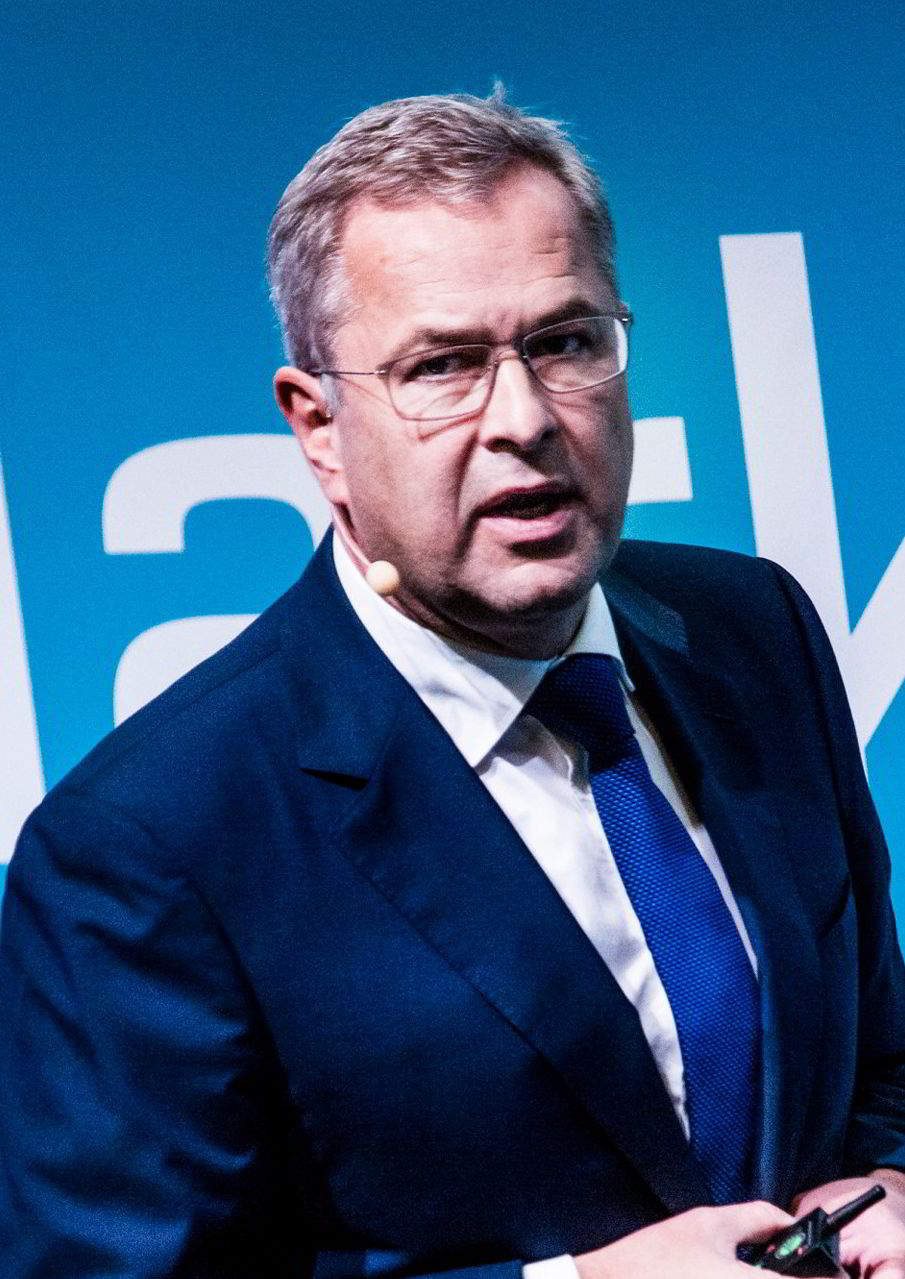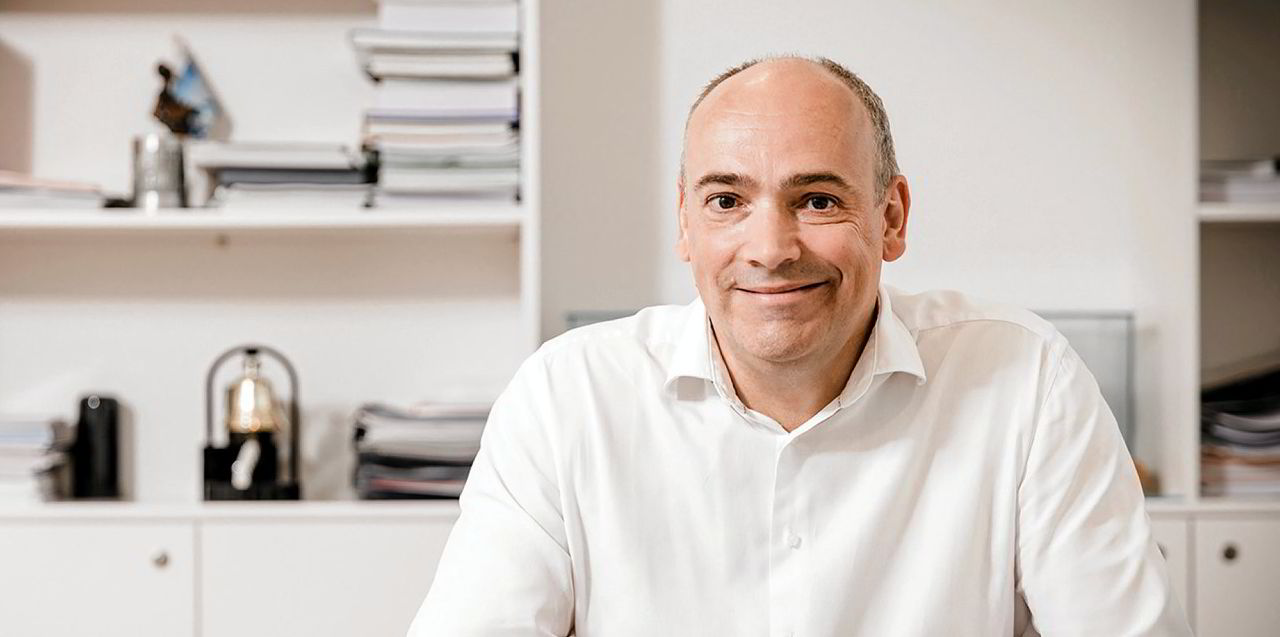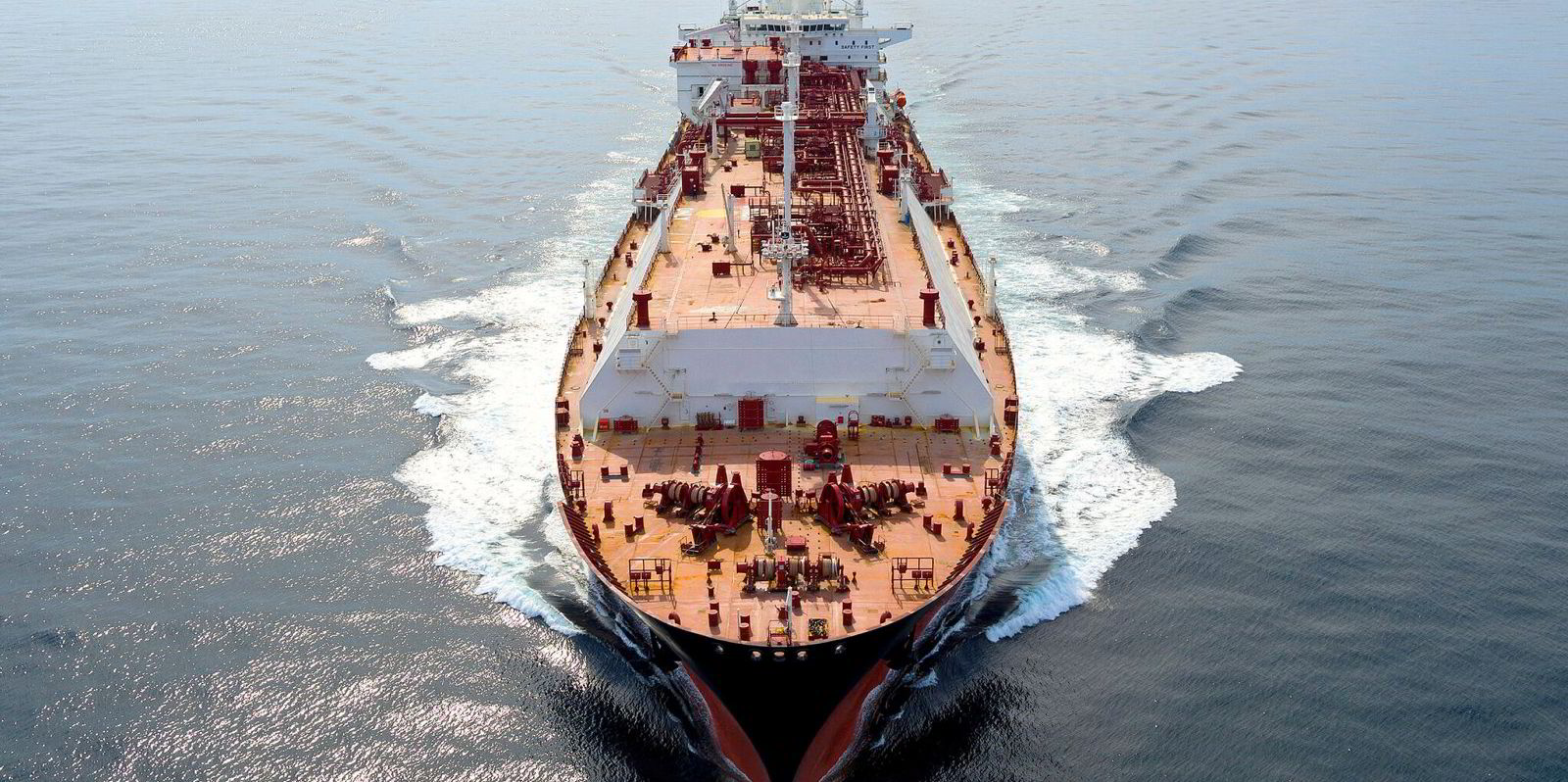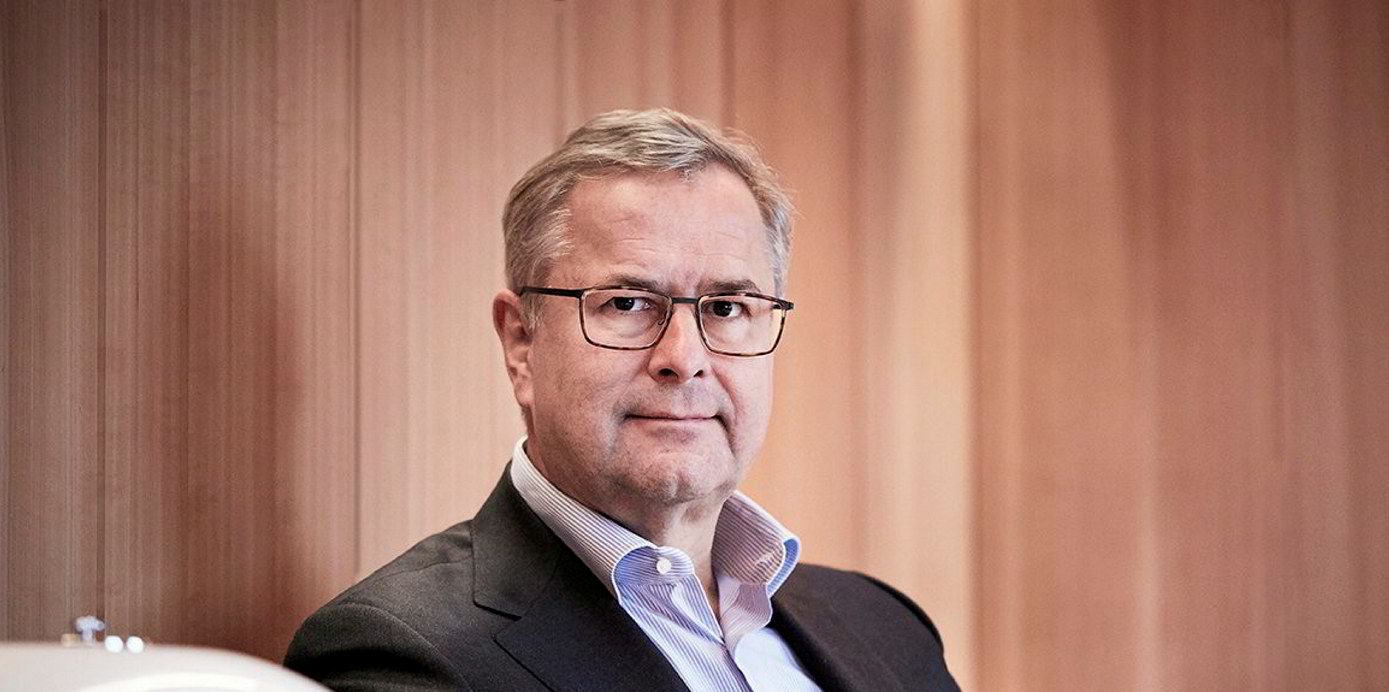Germany’s leading liner company, Hapag-Lloyd, has received a taste of the shareholder blowback over environmental concerns that has rocked the oil and gas sector.
Climate activists and green investors have criticised it for using eye-watering profits to pay chunky dividends as opposed to investing in low-emission ships.
Berlin-based environmental lobby group NABU and the Association of Ethical Shareholders Germany questioned Hapag-Lloyd's strategy at its annual general meeting on 28 May.
They argued that Hapag-Lloyd should recognise the Paris climate protection goals by underpinning them with a sound CO2 emissions reduction strategy, and asked management what solutions are under consideration.
A key demand is that the first zero-emission ships be deployed this decade.
What is different this time?
Hapag-Lloyd’s management may have faced similar questions before, but German shipping sources said there is a sense the corporate landscape has changed.
They cite Germany’s constitutional court ruling in early May, in which judges said the government should to do more to protect the climate and lower emissions.
Shareholder rebellions at ExxonMobil and Chevron, and a court ruling against Royal Dutch Shell, followed. The latter requires Shell to align its policies with the Paris Agreement on climate change.
Some feel it is increasingly likely that a leading European liner operator could face a similar legal challenge from an emboldened environmental lobby.
“We are sure that liner shipping companies are possibly at higher risk than the family-owned Greek shipping company operating someone else’s Panama-registered ships," Toepfer Transport wrote in a monthly newsletter. "Climate change is global, but how it will be dealt with definitely is not."
Victim of its own success
Hapag-Lloyd is, in some senses, a victim of its own success.
Its decision to triple dividends to more than €615m ($748m) is grist to the mill for green activists.
“For years we were told that there was no money to invest in low-emission technologies in container shipping,” NABU chief executive Leif Miller said.
“Such a business case only works as long as cheap fossil fuel is available and marine fuels are exempted from tax.”
“Companies like Hapag Lloyd would be well advised to invest their profits in green technologies now, before their room for manoeuvre is massively restricted."
Lines do not oppose change. In early June, AP Moller-Maersk chief executive Soren Skou publicly backed a carbon tax.

Similarly, Hapag-Lloyd chief executive Rolf Habben Jansen, who is co-chairman of the World Shipping Council (WSC), said shipowners and liner companies needed to come up with a more “aggressive” set of decarbonisation measures.
But pushing ahead with a long-term vision based on a timeline of 30 years as demanded by green lobby groups was not a sensible strategy, he told the WSC's Green Shipping RoundTable webinar.
“Committing something for 2050 is based [on] technology you don’t have today and management that is not yet appointed,” Habben Jansen said.
Europe first?
Green lobby groups and some politicians want the European Union to take the lead on environmental issues, regarding international efforts as too slow.
That extends to the inclusion of shipping in the EU Emissions Trading System as well as “the long-overdue taxation of marine fuels”, Markus Dufner, managing director of the Ethical Shareholders, said.
Pernille Weiss, a Danish centre-right Member of the European Parliament, said the EU should be a “role model” for economic solutions for decarbonising shipping.
But the prospect of Europe running ahead of other jurisdictions is deemed problematic for shipping operators.
“We have to ensure that we have a level playing field between parts of the world,” Habben Jansen said.
The most realistic pathway towards a quick decarbonisation was changing the vessels, he said.
For bigger ships, there is currently no technology that would enable them to be “truly” carbon neutral.
But for smaller ships, he said it was likely that the first carbon-neutral ships would be built and hit the water before 2030.
He added that retrofits would only give a limited contribution to decarbonisation and were time-consuming and expensive.






